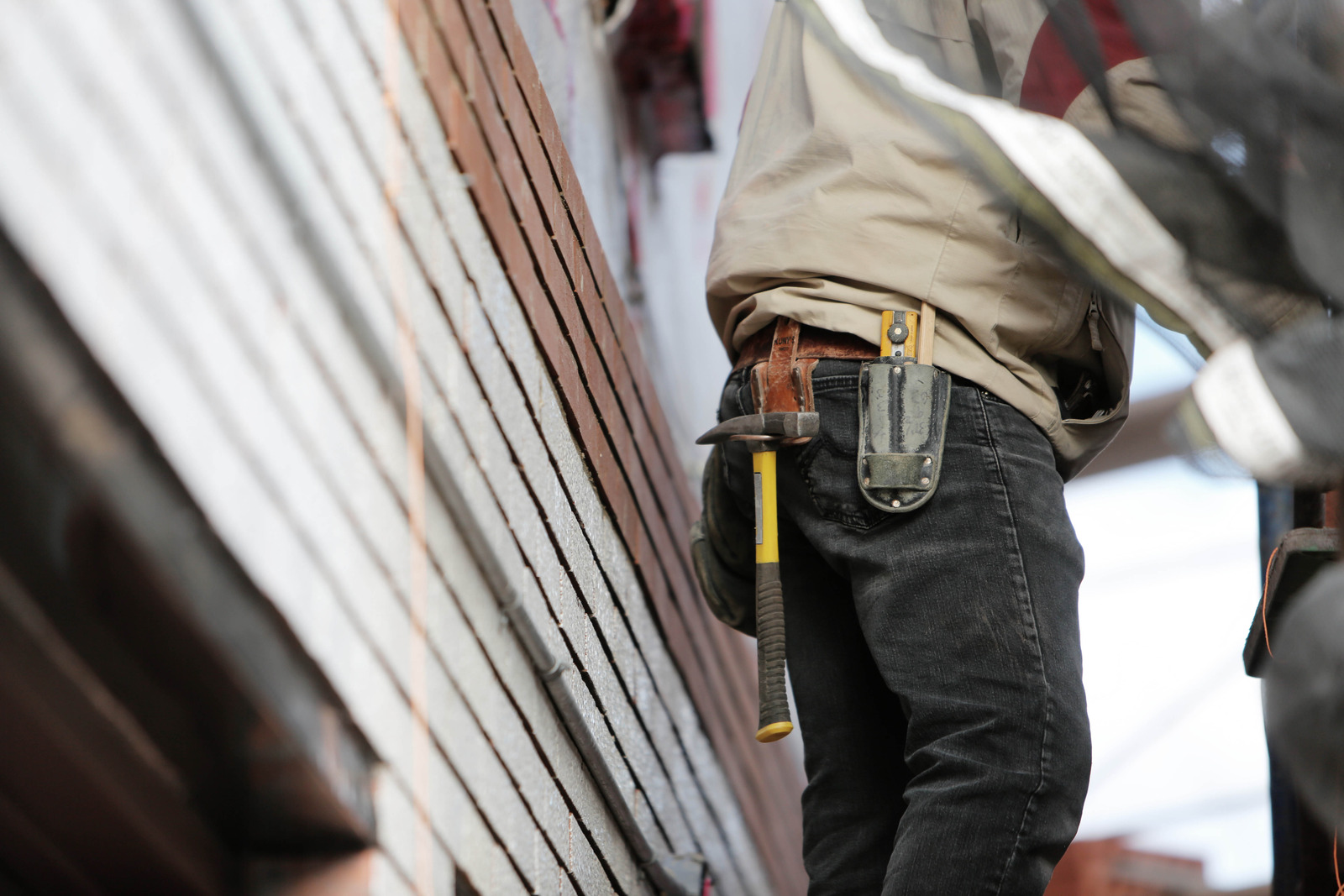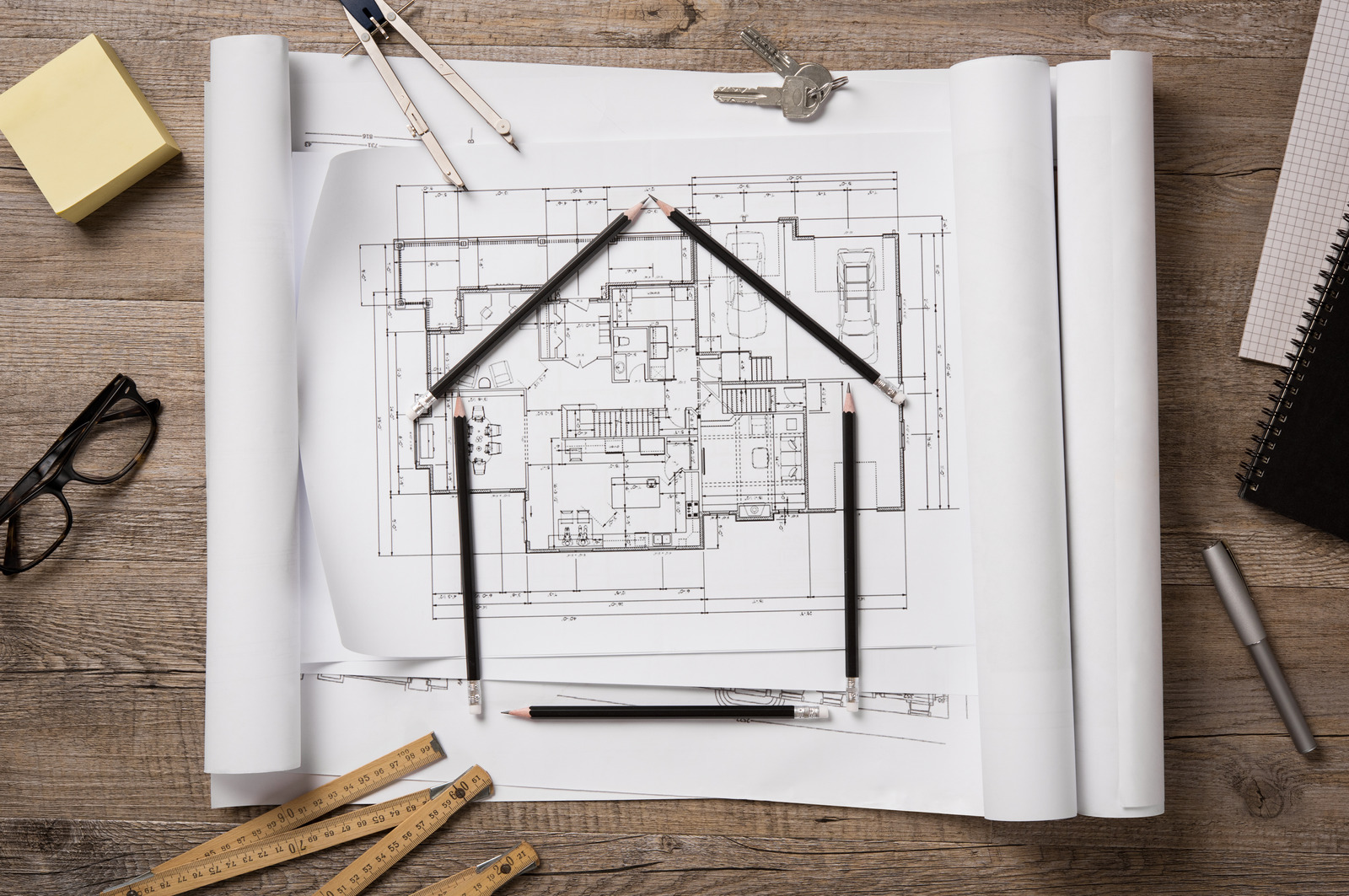Millennials are almost defined by the fact that they usually rent their homes rather than owning them. The British housing market is making it harder and harder for younger people to get on the property ladder compared to decades before — one in three millennials will never own a home.
But when things go wrong, who is responsible for fixing the issues? There is an inherent battle between landlord and tenant responsibility, with many tenants unsure of their rights and incentivised not to complain from fear of eviction. On the other hand, landlords don’t always have a legal obligation to fix a problem. Appliances such as refrigerators are usually the tenants responsibility and so you are best to source a company in your area, searching for example, Refrigerator Repair Sacramento. We’ll take a look at a number of common issues to help you understand who is responsible for fixing it: tenants or landlords?
Who Should Fix the Damp?
Damp is one of the more common issues that plague the rental sector. Often people are unsure if they’re liable due to the exact cause — damp is a by-product of activity by the tenant in the property where steam is produced. So if the property isn’t sufficiently ventilated or heated throughout, this is the tenant’s responsibility for not ‘acting in a tenant like manner’.
The Homes (Fitness for Human Habitation) Act 2018 provides power for tenants to request action from landlords if damp areas are caused by a repair or design problem that affects your health and safety. If a tenant reports damp to their landlord and they don’t attend the issue in reasonable time, tenants have rights to take action and contact their local council’s Environmental Health department, who can enforce action.
If you’re unsure what is causing the damp, your landlord will need to bring in an expert to survey the property and identify the problem. They can then give advice on how to fix it. Some landlords would rather evict tenants asking for repairs than fix the problem, so make sure you research into revenge eviction and how to protect against it.
Who Should Fix Boiler Breakdowns?
There’s nothing more inconvenient and blood-boilingly annoying than a broken boiler — no heating and no hot water. If this happens in winter, you might as well live in the Stone Age.
Firstly, if the boiler is broken, don’t try to repair anything yourself as the tenant. This can be dangerous to both yourself, and the boiler. You could even void the boiler’s warranty, leaving you with avoidable extra charges.
The Landlord and Tenant Act (1985) states that the landlord is legally obliged to provide a safe and habitable environment for the tenant including water, gas, electricity, and space and water heating. It is, however, the tenant’s responsibility to keep the heating running when necessary, for example in winter to avoid pipes splitting, as well as reporting issues when they happen.
Tenants have the right to expect the landlord to arrange repairs in ‘reasonable time’. This may be ambiguous, however if you have no heating or hot water, this is considered an emergency and should be fixed in up to 24 hours. If your landlord doesn’t respond to requests after a written letter restating the problem, you can contact your local council to enforce action. The Environmental Health department can service the repairs and bill your landlord afterwards.
Who Should Fix Flooding Damages?
The tenant is responsible for fixing damages to a property if their negligence caused the flooding. This can include broken appliances and equipment, carpets, furniture, doors, floors, and anything else damaged by the water. Causes by the tenant can include blockages and split pipes from carelessness.
In the event of a natural disaster or flooding from a neighbouring house, the landlord is responsible for repairs. Tenants can request that their rent be reduced or suspended if the property cannot be lived in or while repairments are made. If repairments aren’t made within a given period of time, this can trigger a break clause where the lease can be ended.
Who Should Fix Blocked Drains?
The landlord is sure that the tenant has been putting wipes down the toilet, yet the tenant’s convinced that the blockage is from next door. It’s important that the landlord carries out a pipework audit to figure out the cause of the blockage to avoid heated tensions.
When the blocked drain has been caused internally or in the property boundary, it’s the tenant’s responsibility to deal with repairs. This type of blockage may be caused by food and grease down the kitchen sink that has solidified, or anything other than the three Ps down the toilet (pee, poo, paper). One shot drain cleaner is effective in tackling grease, soap, and paper towels jammed down the pipes. The tenant must report blockages to the landlord — if the blockage is the toilet, you may need specialist help to avoid permanently damaging the pipework or flooding the house with stagnant, foul water.
If the blockage is outside of the property, the landlord should contact the utility company who is responsible for maintaining drainage.
These are just some of the most common disputes between tenants and landlords. This article is intended as a guide. If any of these issues are affecting you, you should take the information and research further. If you’re having problems with your tenant or landlord, we recommend seeking legal advice.
Sources
https://www.simplybusiness.co.uk/knowledge/articles/2018/03/landlord-boiler-service-and-maintenance/
https://www.landlordzone.co.uk/information/winter-proof-rental-properties
https://www.thetenantsvoice.co.uk/your_home/what-are-my-tenant-rights-in-case-of-a-flooding/
https://wedlakebell.com/flooding-who-is-responsible-for-the-damage-2/






